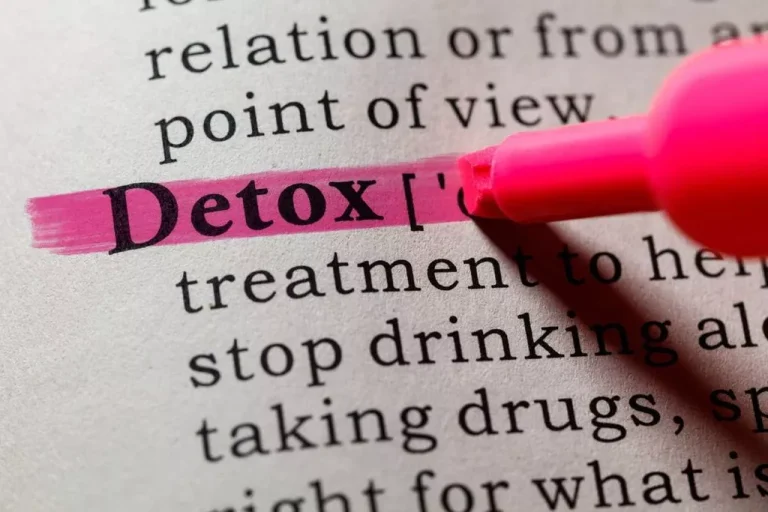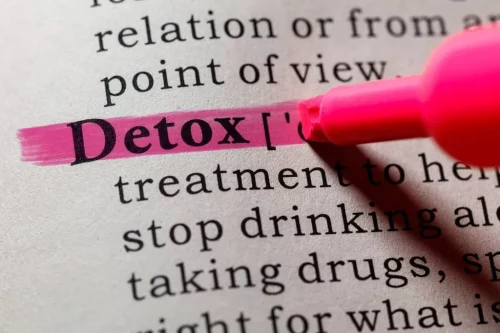
By understanding this, we can empathize with our partner and realize that addiction is a medical condition. Fortunately, there are ways to help an addicted partner and help them recover from their addiction. But it’s important to understand that being in a relationship with an addicted person isn’t healthy.

Drug Addiction: Know the Symptoms of Different Drugs Part I

Readers also mention it’s a good starting point for families with an addiction. Understood this way, detachment with love plants the seeds of helping an addict with recovery. When we refuse to take responsibility for other people’s alcohol or drug use, we allow them to face the natural consequences of their behavior. If a child asks why mommy missed the school play, we do not have to lie. Instead, we can say, «I don’t know why she wasn’t here. You’ll have to ask her.» Most family members of an addicted person have been trying to change that person for a long time, and it hasn’t worked.
The Ambiguous Loss of Loving an Addict and Letting Them Go
- Setting boundaries can be an expression of self-esteem and a way to ensure that you’re being emotionally taken care of in your relationships.
- It can help improve communication, identify and address relationship issues, and provide tools and strategies for supporting the recovery journey of both individuals in the relationship.
- Even the best intentions won’t make a difference if the addict or alcoholic continues to abuse substances.
- Shielding yourself from enabling behaviors is crucial in maintaining your own well-being while navigating the complexities of loving an addict.
- Those who have gone through the experience describe it like riding an emotional rollercoaster, with frequent and unexpected twists and turns.
- Navigating the dynamics of love and complications in recovery requires understanding addiction, fostering healthy communication, setting boundaries, and taking care of both yourself and your partner.
Asking for help can be challenging, but it’s a smart move =https://ecosoberhouse.com/ and one that helps you to break free from a dysfunctional relationship with an addict. Most people would love the opportunity to do something kind for someone else, particularly someone they care about and want to support. Asking for assistance in moving forward in a healthier relationship is critical for those in relationships with addicts. Remember the times you’ve helped the addict or alcoholic in your life. Do you think those people had a reason to feel shame because they asked for your help? Many of us are hesitant to ask for help, particularly if we have had the role of spouse or partner to an alcoholic or addict.
About The Right Step

Encourage professional help by suggesting therapy from specialists like Lantana Recovery, counseling, or treatment programs. If you find yourself constantly stressed, anxious, or in danger because of the addiction, it is paramount to prioritize your own well-being and prioritize leaving the relationship for your safety. Remember, self-care and self-compassion are necessary for your well-being. By taking care of yourself, you can better support your partner in recovery. Codependency occurs when one person enables the addictive behavior of the other. This can manifest in various ways, such as making excuses for the addict, covering up their actions, or sacrificing one’s own needs for the addict.

We understand how difficult this journey can be, and we’re here to offer support and guidance every step of the way. Our nationwide network of treatment centers has helped thousands of individuals find lasting recovery and rediscover the joy of living. We offer personalized treatment plans tailored to individual needs, creating a path toward healing and hope. Reach loving an addict out today to to learn about your treatment options, and let us help you start the journey to recovery. Getting the courage to leave someone with a substance use disorder is never easy, and it requires changing behaviors that you have engaged in for a long time.
- Many times, people come out on the other side of addiction into a better, more fulfilling life.
- Navigating the challenging landscape of loving an addict can be an emotionally turbulent and overwhelming experience.
- Some of these methods may seem harsh, but they come from a loving approach with the ultimate goal to help the person overcome their addiction and to help all parties heal.
- Our nationwide network of treatment centers has helped thousands of individuals find lasting recovery and rediscover the joy of living.
Encourage treatment and therapy, but the addict must take ownership of Sober living home their actions and make necessary changes. To overcome codependency, establish and enforce healthy boundaries. Set limits on what you are willing to tolerate and take care of your own well-being.
- This will lead to healthier changes in your addicted loved one as well.
- Once your loved one has left rehab or stopped doing drugs for a significant period of time, they’re considered a person in recovery.
- It is important to understand that you might be just as “addicted” to your enabling behaviors as the addict in your life is to his or her manipulations.
